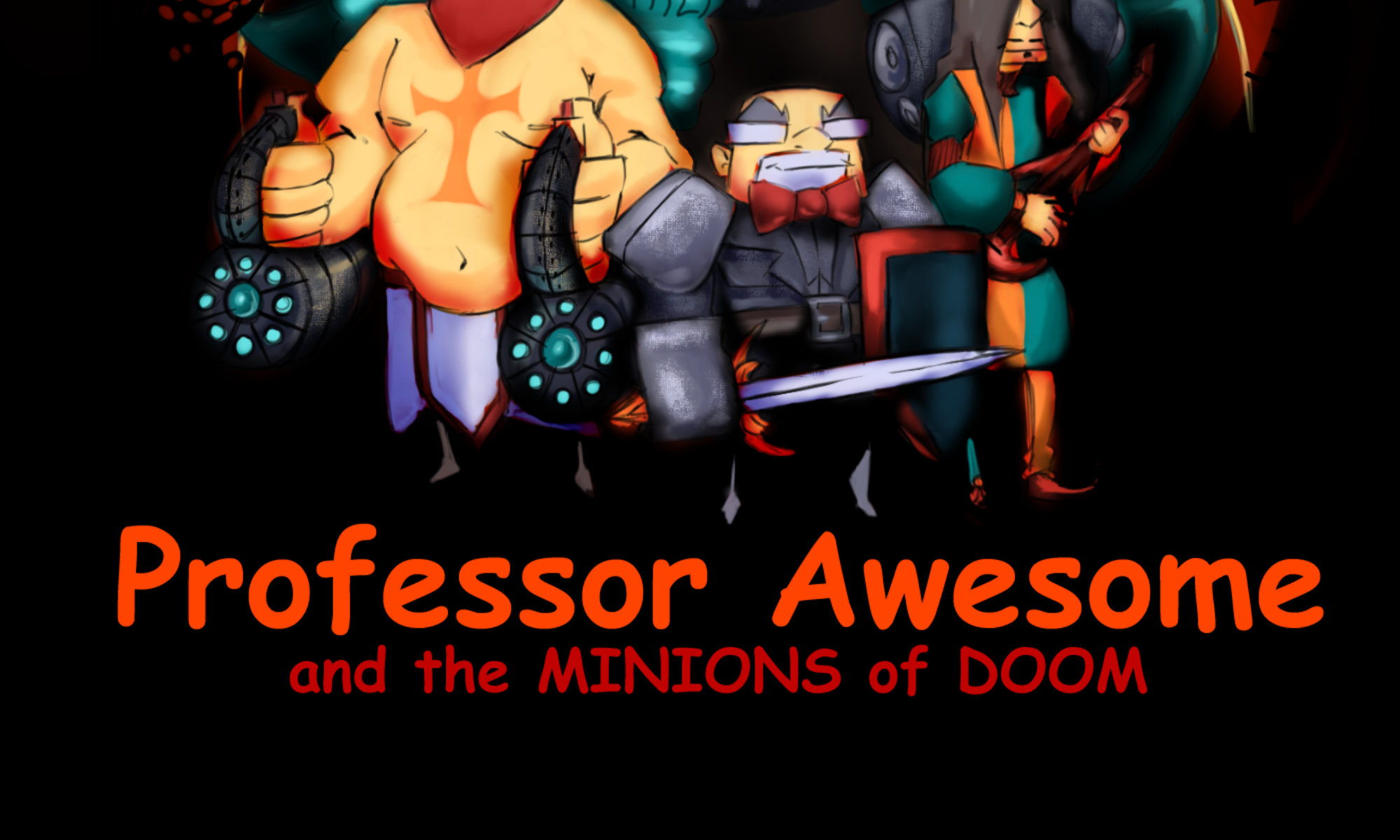We’ve got this stereotype of medieval people as being stupid and ignorant. When late-medieval poet Petrarch started referring to the early Middle Ages as a time of darkness, he probably didn’t guess that some day he would be lumped into that pejorative category of the “Dark Ages.” Legit scholars today would never use the term “Dark Ages” (except ironically), but the idea remains fixed in the popular mind. I’ve had these types of conversations hundreds of times:
Student: In medieval times, people didn’t know about sex.
Me: Where do you think modern people came from?
Student: Huh. I never thought about it that way.
Me: NOW who doesn’t know about sex?
Student: Medieval people didn’t know as much as we do today.
Me: Like what?
Student: Well, like how to drive cars and stuff.
Me: Why would they know how to drive a car? They’d never seen one.
Student: Right. They were too ignorant to know how to make them.
Me: Could YOU make a car?
Student: Well, no. But I could probably find someone who could.
Me: Can you ride a horse?
Student: I … probably not.
Me: So they were stupid because they never saw a car, but you’re some kind of genius because someone else made you a car, and because you can’t ride a horse even though you’ve seen one?
Student: Riding a horse doesn’t make you brilliant!
Me: Neither does owning a Honda.
You get the picture. And to be fair, 19th and early 20th century scholars often reinforced this attitude. J.H.G. Grattan and Charles Singer’s book Anglo-Saxon Magic and Medicine (1952) has this little gem:
Surveying the mass of folly and credulity that makes up the A.S. [Anglo-Saxon] leechdoms, it may be asked, “Is there any rational element here? Is the material based on anything that we may reasonably describe as experience?†The answer to both questions must be, “Very little.â€
Since that time, scholars have pushed back hard against this idea. For example, just this past week at the International Congress on Medieval Studies, Renée Trilling gave an excellent paper on the subject entitled “Between Science and Superstition: Thinking About Anglo-Saxon Medicine.” Historian Winston Black has a recent article intended for popular audiences, and I’ve got a forthcoming article entitled “The Rationality of Medieval Leechbooks.”
The truth is that we have hundreds and hundreds of pages of medieval remedies, and they run the gamut from There’s-No-Way-This-Would-Work to Hey-This-Totally-Works, with every variety in between. And they are based on an understanding of how the body works that is drawn from observation and reason. Want to find another place where some remedies work, and some don’t? Try the over-the-counter remedy section of your local pharmacy.
So, as a little bonus, here’s a recipe for breath-freshening toothpaste found in Bald’s Leechbook:
If a man’s breath is foul, take good barley meal & clean honey & white salt, mix it all together and rub the teeth with it well and often.
Basically, the medieval remedy for bad breath is to brush your teeth with toothpaste often. Sounds good to me!









